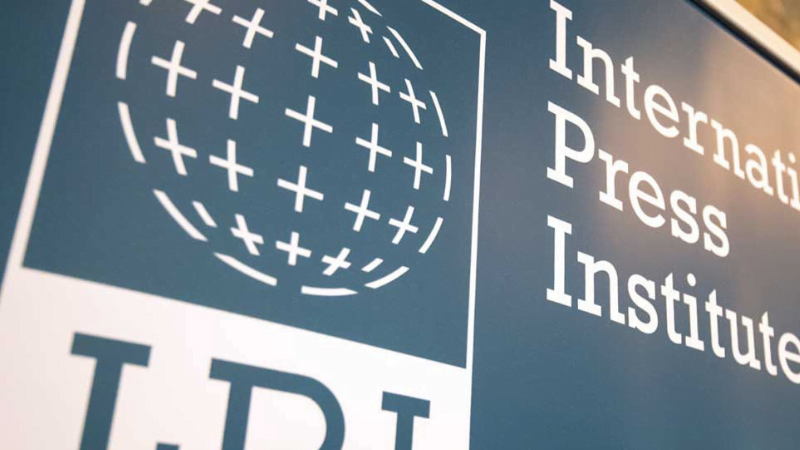The International Press Institute (IPI) has published its position on the European Media Freedom Act (EMFA) draft proposal detailing its recommendations to help ensure the Act’s success.
IPI and its European members have paid particular attention to “how the EMFA can effectively counter the threat of media capture, a system of media control that has become entrenched in countries such as Hungary and whose elements are being replicated in other countries across the EU.”
Based on its monitoring and research, IPI identified the critical mechanisms of media capture that it believes the EMFA should address.
These include turning public broadcasters into government propaganda, capturing media regulatory bodies with political appointees, abusing state resources, including state advertising funds and creating a circle of loyal oligarchs to run private media in the government’s interest.
The proposed Media Freedom Act introduces several policies to safeguard public service media. For example, under Article 5 of the new rules, top executives at public service media outlets, including their heads of management and members of governing boards, will need to be appointed via transparent, non-discriminatory, and objective procedures.
The press freedom organisation, therefore, “Broadly welcomes Article 5, which aims to safeguard the independent functioning of public service media” but recommends that it goes further by extending the provisions of Article 5 paragraph 2 to include all forms of management bodies in PSM, and not limit it to the Boards and ensure that those appointed to management positions are demonstrably qualified for the role.
Malta’s state broadcaster would therefore have to overhaul its current system to appoint some of its top personnel.
In June this year, PBS defied the orders of the Data Protection Commissioner to publish details, including names and payments, of the editorial board and the contract of Executive Chairman Mark Sammut. It also refused to give information on the contract and remuneration given to Mark Vassallo, a lawyer who was politically appointed as board secretary of the public broadcaster.
IPI also welcomed Article 24, which introduces demands for ‘transparent, objective, proportionate and non-discriminatory criteria for the allocation of state advertising as well as the monitoring and reporting of such expenditure”, further describing the article as “a very significant move that can help end the abuse of publicly funded advertising as a key tool of media market distortion in many EU member states”.
However, for it to be truly effective, IPI recommends that the EMFA should close the loophole that exempts local governments with populations of under one million from the transparency provisions.
This issue is particularly relevant for Malta for several reasons, not least because of its population size. Furthermore, the opacity of how public funding is disbursed between media outlets in Malta remains a thorny issue.
The last time the government announced its plans to allocate €500,000 to help print media cope with the rise in the cost of printing paper, it was merely a press release with a simple statement announcing the decision, devoid of any details and with negotiations held behind closed doors. Therefore, we don’t know how the government planned to distribute these funds or what criteria it used.
Before that, the problems arising from government funding of the media were already evident when the government offered a direct aid scheme to media houses over and above the COVID-19 wage supplement. An analysis of the eligibility criteria by Lovin Malta concluded that party-owned media benefitted the most, while independent media never disclosed the sums they received.
IPI also noted that “while Article 24 can help neutralise a key lever for governments to influence and control media, it does not address the backdoor funding of media owners through other companies they may own and operate in industries receiving state contracts or subject to state regulation”.
Meanwhile, in Malta, the government has launched 40 appeals against Freedom of Information requests by The Shift to conceal ministers’ PR contracts and advertising expenditure with MediaToday co-owner Saviour Balzan, which the Information and Data Protection Commissioner has ruled should be published. As the Appeals Tribunal rules on each case in favour of the Commissioner and The Shift, the different government departments and agencies file a second appeal in court in a series of cases that place an onerous financial burden on the newsroom.
Since the EMFA draft legislation was published, several media freedom and human rights organisations have welcomed the initiative. Still, they have called on the European Commission to take a more ambitious approach.
IPI’s position paper was published on 23 January as part of the European Commission’s Public Consultation. Detailed recommendations can be found here.












